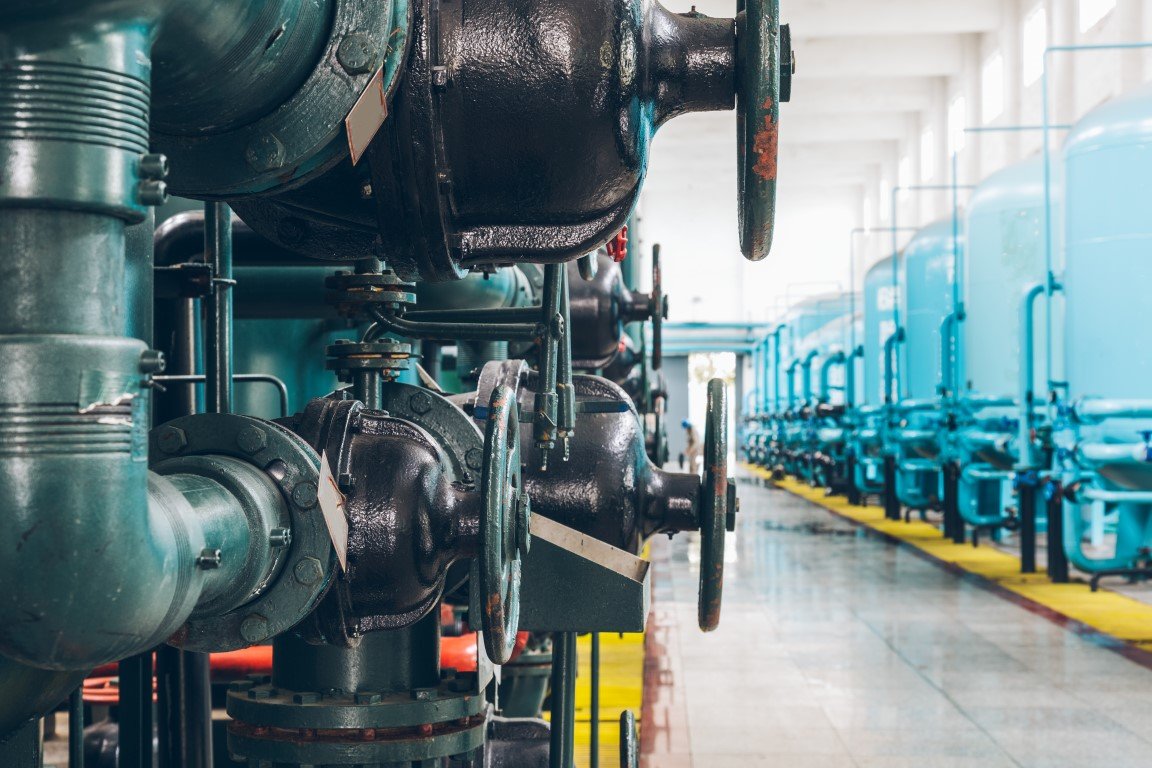Boilers have become essential in industrial activities. They are at the centre of many industries, supplying the necessary steam or hot water for manufacturing, heating, and power generation. However, a boiler’s efficiency and durability are determined not only by its core components but also by the additional materials and technologies used to preserve and improve it. The cladding panel is one of these essential components. These panels are important in boiler protection, efficiency, and operational longevity.
This blog post will discuss the value of cladding panels for industrial boilers, their contributions to longevity and efficiency, and why choosing the appropriate cladding material is essential for long-term success.
Understanding Cladding Panels in Industrial Boilers
Cladding panels are protective coatings used to cover the surfaces of industrial boilers. Their principal function is to protect the boiler from severe operating conditions, such as high temperatures, corrosive gases, and mechanical deterioration. These panels often comprise heat, corrosion, and abrasion-resistant materials, forming a solid barrier between the boiler’s inner structure and the surrounding environment.
In addition to providing protection, cladding panels can improve the boiler’s thermal efficiency by limiting heat loss. These panels ensure that the boiler functions at its intended efficiency while maintaining the integrity of its surface, lowering fuel usage and emissions.
Enhancing Durability with Cladding Panels
One of the most significant benefits of cladding panels is its potential to increase the longevity of industrial boilers. Boilers work in harsh environments, with temperatures frequently surpassing several hundred degrees Celsius and regular exposure to corrosive and erosive substances. Without sufficient protection, the boiler’s metal surfaces can corrode quickly, resulting in costly repairs, downtime, and even complete failure.
Cladding panels serve as a first line of defence, shielding the underlying metal from these harmful impacts. The cladding material must endure the unique circumstances of the boiler environment. For instance, corrosion-resistant alloys like Inconel or Hastelloy are frequently used for cladding panels when the boiler is exposed to highly corrosive gases like sulphur dioxide or chlorine.
Improving Thermal Efficiency with Cladding Panels
Thermal efficiency significantly influences the performance of industrial boilers. Cladding panels help improve thermal efficiency by reducing heat loss through the boiler’s surface.
Heat loss happens when the boiler’s hot surfaces are exposed to the cooler ambient atmosphere. Cladding panels, particularly those composed of insulating materials, minimise heat loss by adding a thermal resistance layer. This guarantees that more of the heat produced by the boiler is retained within the system, increasing overall efficiency.
Installing cladding panels on the boiler’s surface contributes to a more even temperature distribution, preventing the development of hotspots that can cause localised overheating and damage.
Material Selection for Cladding Panels
The choice of material significantly impacts how well cladding panels enhance boiler durability and efficiency. Several considerations must be taken into account when choosing cladding materials, including the operating temperature, the presence of corrosive elements, and the mechanical forces that the boiler will experience.
High-Temperature Alloys:
Cladding panels consisting of high-temperature alloys such as Inconel, Hastelloy, or stainless steel are commonly used in boilers operating at extremely high temperatures. Because they retain their structural integrity even after extended exposure to heat, these materials are perfect for shielding the boiler’s surface.
Corrosion-Resistant Materials:
Materials with strong corrosion resistance are required in settings where the boiler is exposed to corrosive gases or liquids. Nickel-based alloys, titanium, and certain grades of stainless steel have good corrosion resistance and are widely utilised in such applications.
Wear-Resistant Materials:
Cladding panels produced from wear-resistant materials like chromium carbide overlay plates or hard-facing alloys are used in boilers that endure severe mechanical wear, such as those used in abrasive industries. These materials protect the boiler’s surface from erosion and damage, thus extending its life.
Insulating Materials:
Cladding panels consisting of insulating materials such as ceramic composites or high-temperature fibreglass are commonly employed in applications where thermal efficiency is critical. These materials limit heat loss while increasing the boiler’s overall energy efficiency.
Installation and Maintenance of Cladding Panels
Cladding panel installation is a vital phase that requires precision. Gaps or misalignment caused by improper installation might lower the panels’ efficiency and perhaps cause localised damage.
Regular maintenance is also required to guarantee that the cladding panels continue to serve their protective purpose successfully. Even the most durable materials can decay with time, particularly in harsh industrial situations. It is essential to perform routine inspections to look for damage, corrosion, or wear
Economic Benefits of Cladding Panels
While the initial expenditure on cladding panels may appear high, the long-term economic benefits vastly outweigh it. Cladding panels protect the boiler from corrosion, wear, and thermal inefficiency, reducing the need for costly repairs and extending its operational life. This results in a more dependable boiler system with lower maintenance costs and downtime.
Furthermore, cladding panels minimise fuel consumption by increasing thermal efficiency, resulting in significant energy savings over the boiler’s lifetime. These savings can be substantial in sectors where energy usage is an essential operating expenditure.
Conclusion
Cladding panels significantly impact the efficiency and longevity of industrial boilers. These panels protect the boiler’s surface against corrosion, wear, and heat loss, ensuring that the boiler runs at top efficiency for as long as feasible. The choice of cladding material, correct installation, and frequent maintenance are all crucial to reap the full benefits of cladding panels. At RIBO Industries, we provide a comprehensive choice of high-quality cladding materials adapted to your boiler system’s unique requirements. Our expertise in boiler accessories ensures that you get the best option to improve the efficiency and durability of your industrial boiler, lowering costs and enhancing performance in the long run

